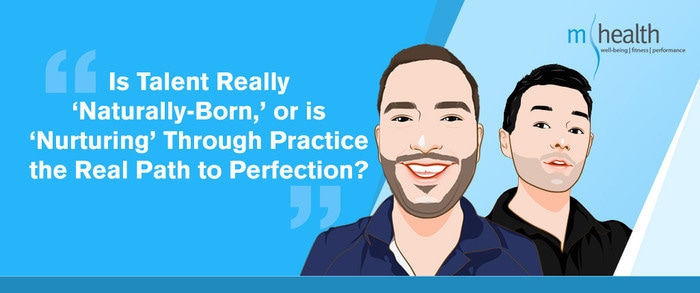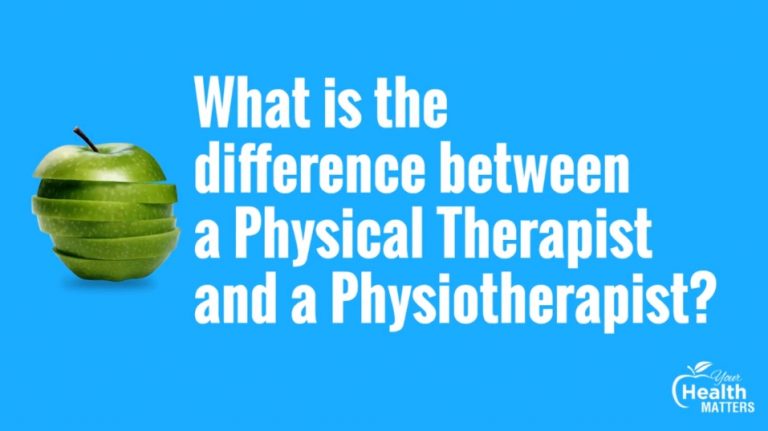Society has spread the notion of having ‘natural-born talent’ for a certain skill, presuming that all it takes is proper genetics to excel at your ‘gift,’ as opposed to taking the adequate time to practice. But do genetics really contribute to our excellence at certain skills or talents? Or are these the results of the ‘practice makes perfect’ adage apply here?
No one seems to have found a definitive answer yet, with various studies and experts all coming up with different answers. Here, we investigate some differing claims on the subject.
Understanding the Concept
The idea of coming into the world with a natural talent has gone on for generations, most often referring to amazing athletes or musicians that have been good at their talent from the beginning, before even taking the time to practice.

This bodes with the actual definition of natural talent: “an innate or inborn gift for a specific activity, either allowing one to demonstrate some immediate skill without practice, or to gain skill rapidly with minimal practice.”
Following this idea, the key factor of natural talent is that the person innately has a steep learning curve. He or she easily picks up skills, needing less practice or time to put in hard work, unlike the average person in the same field.
Besides learning easily, natural talent claims to also increase a person’s potential, that he can reach his performance ceiling efficiently. This has described people who have been called “gifted” or, quite simply, “a natural.”
Talent scouts and recruiters have built entire careers on this premise, looking to acquire those with raw or untapped talent that they can refine with more strict training.
Overall, the idea of natural talent plays a far bigger role in our lives than many may realise. After all, having natural talent in an area prompts people to specialise in the area, regardless of whether or not it’s actually an avenue they want to pursue.
This is because using one’s natural abilities is viewed as the essential key to a successful life and that you will not fail if you follow through with your natural talent.
Moreover, others are afraid to try new things they may not feel they’re naturally good at for fear of failing. If we just attribute excellence to being natural-born, what happens to those who persevere to be good at their craft or chosen field?
Bridging the Gap Between Natural Talent vs. Nurturing Through Practice
Results of various studies tell us that one thing is clear: there’s no one correct answer, at least not one that will ever give straightforward results on whether or not ‘gifted’ abilities come from genetics alone.

Experts have found that the best performers only reached their level of achievement because they started learning and practicing from an early age, and spent more time perfecting their art day in and day out.
That’s right, there is a direct relationship between practice and performance.

With this in mind, it’s encouraging to know that even though you may not be the best at something initially, practice can improve your performance, regardless if you have the natural talent you may have.
This gives people control on improving their performance, push them to try something new and to take more responsibility on their jobs or hobbies. More importantly, this tells us that hard work and determination can indeed get you where you want to go in life. And while there may still be those “top performers” who seem to learn their skills faster or easier than everyone else, the studies find that there really isn’t a quick path to success.
Top performers simply got there first, putting in more hours, but they learn and excel at the same rate as everyone else.

So, when it comes to the proposed “10,000 Hour rule,” a notion that intensive practice of over 10,000 hours (or a logical equivalent of somewhere around ten years) will have you reaching your highest potential, many of today’s leading evidence suggests this idea is valid and absolutely possible.
This concept reaches across numerous fields of performance-based study, including sports like tennis, music, mathematics, swimming, running, and more. It even correlates with career-minded avenues of study, such as with professional writers, scientists, poets, doctors, and artists.

Overall, it would seem that while the idea of natural talent holds a special kind of romanticism to it, especially considering the evidence veers on the side of nurture, or practicing to make perfect.

So the next time you want to try something you think you’ll be terrible at, don’t hesitate. You never know where it could lead.
Learn and eventually excel at a greater variety of activities, and be proud of all the hard work and tremendous effort you put in to get there.








